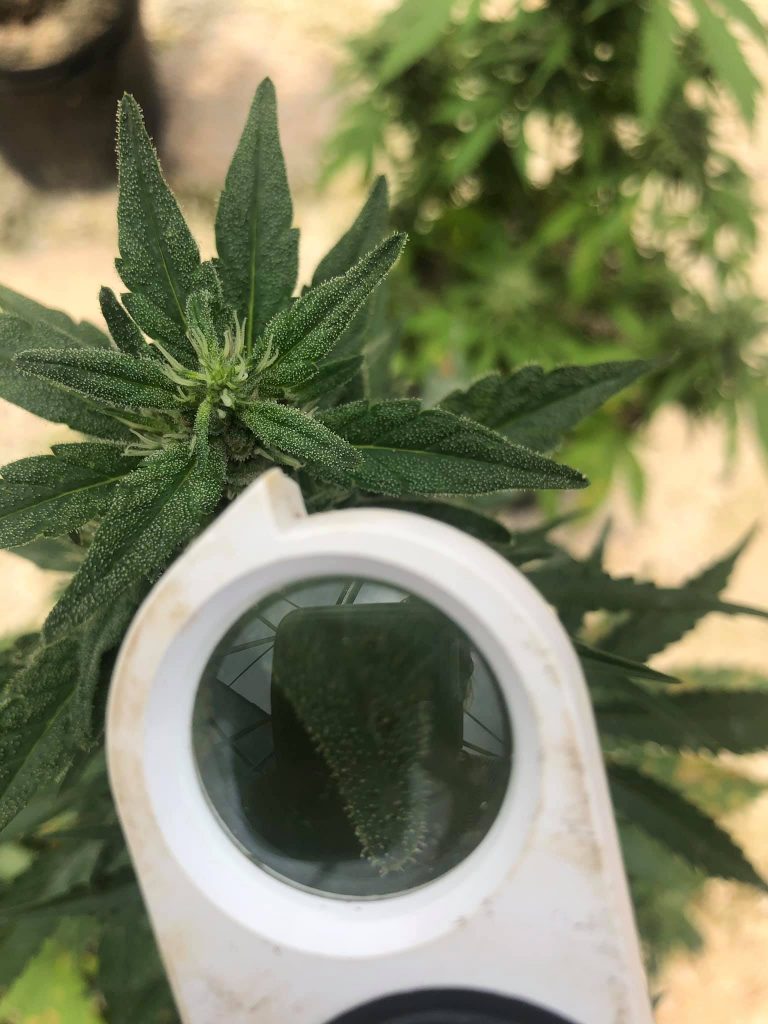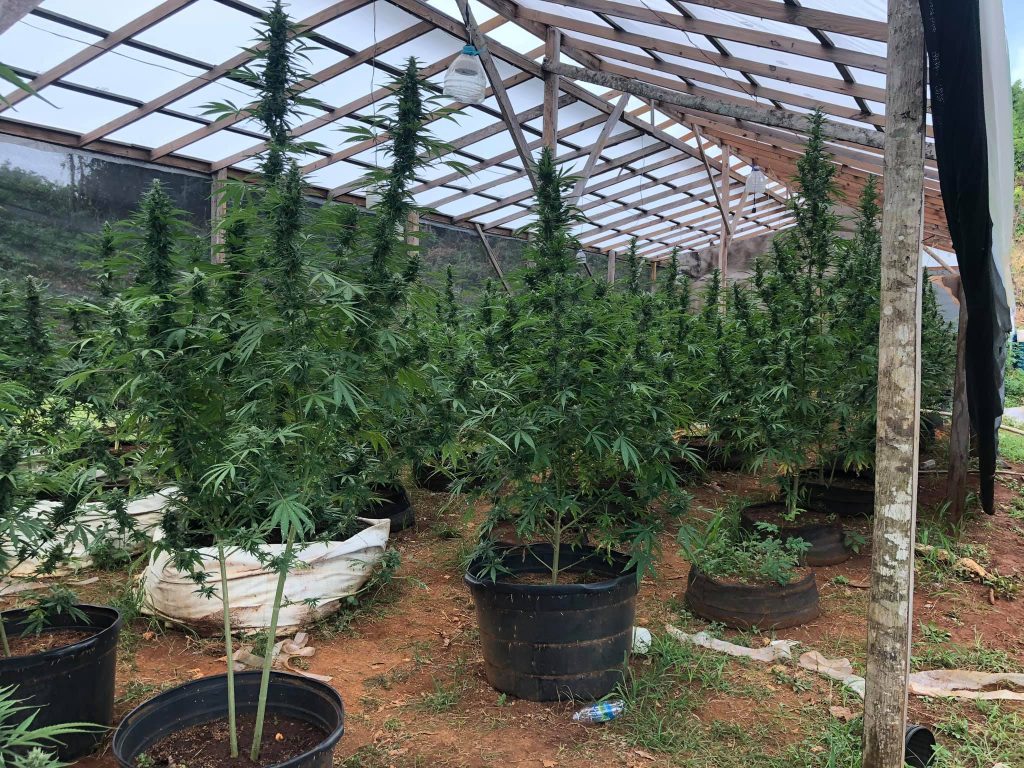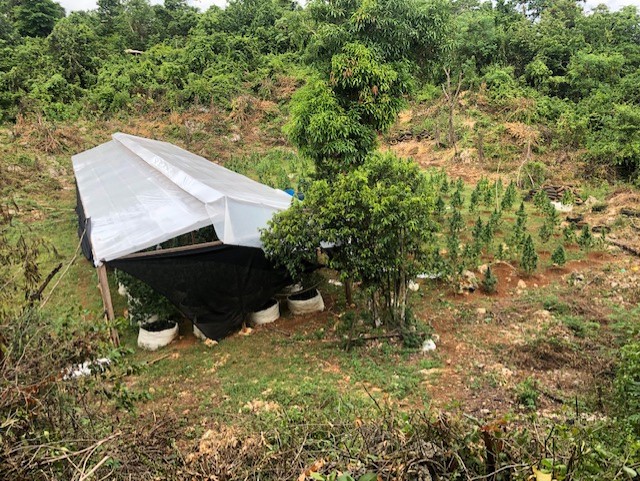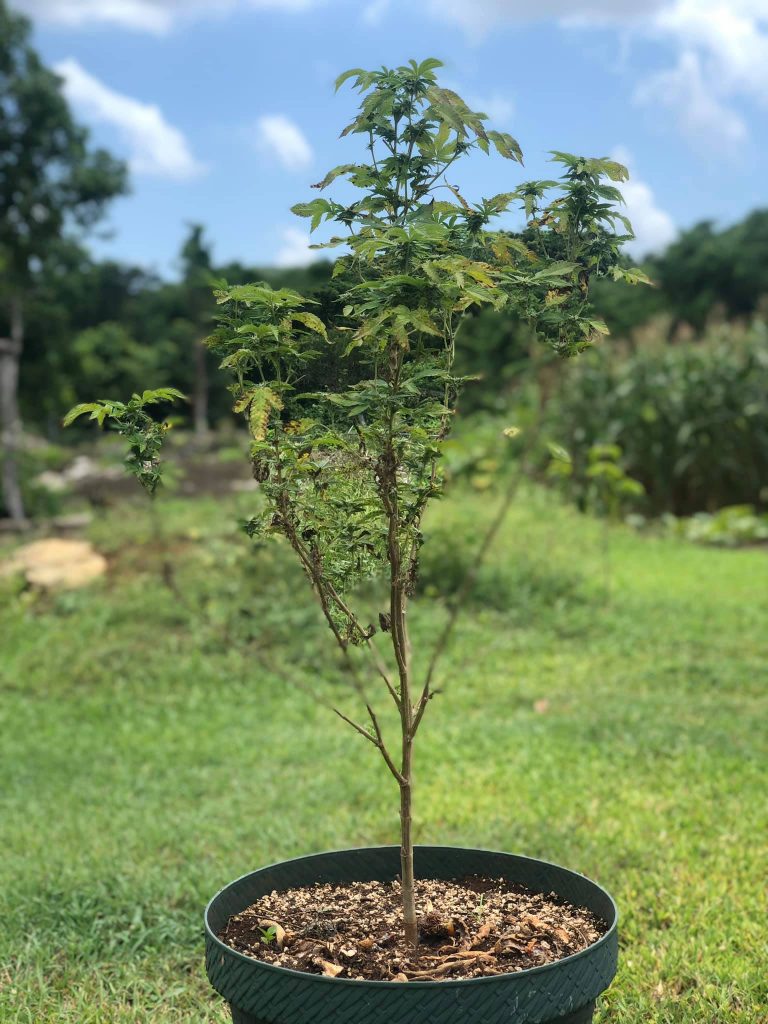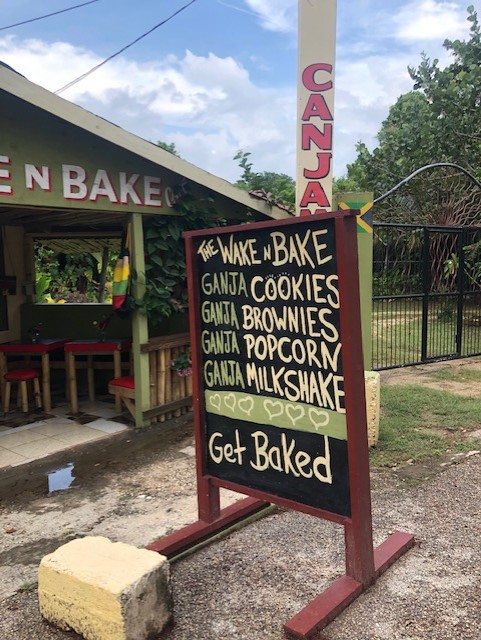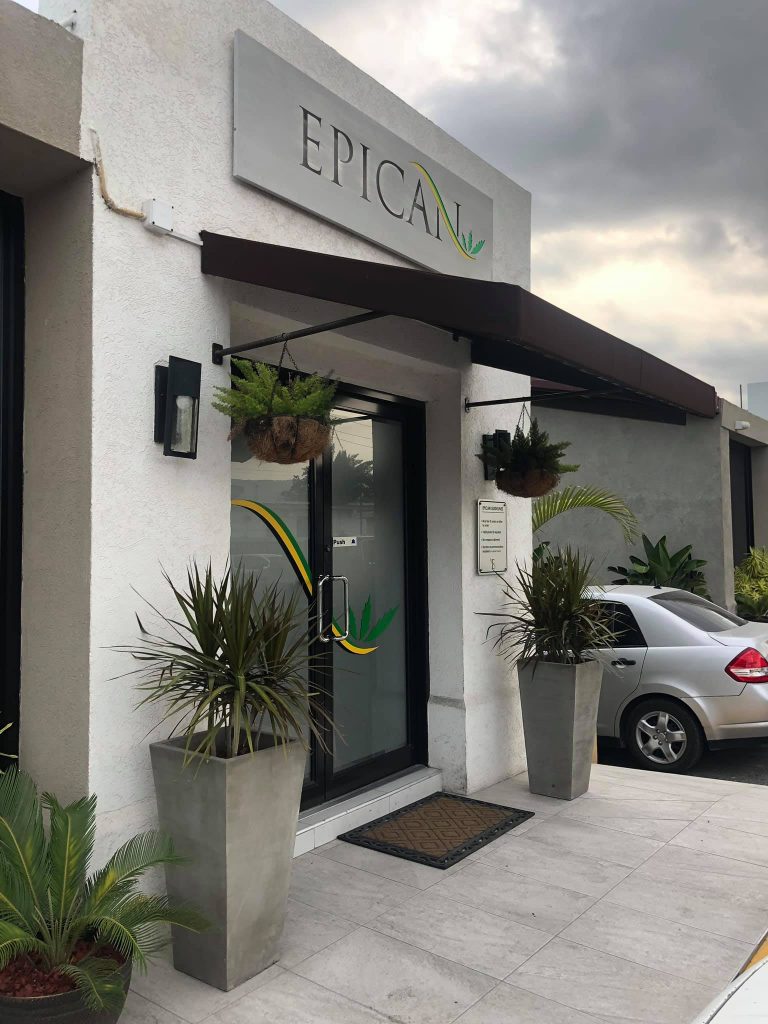Branwen Lloyd*
At the end of summer 2019 the GDPO was successful in an application to Swansea University’s Higher Education Funding Council for Wales – Global Challenges Research Fund (GCRF) scheme. The GCRF is a £1.5 billion fund announced by the UK Government in 2015 to support cutting-edge research that addresses the challenges faced by developing countries. The fund supports research surrounding three challenge areas; Equitable Access to Sustainable Development, Sustainable Economies and Societies and Human Rights, Good Governance and Social Justice. As it happened the project the GDPO proposed touched on addressing issues in all of theses categories.
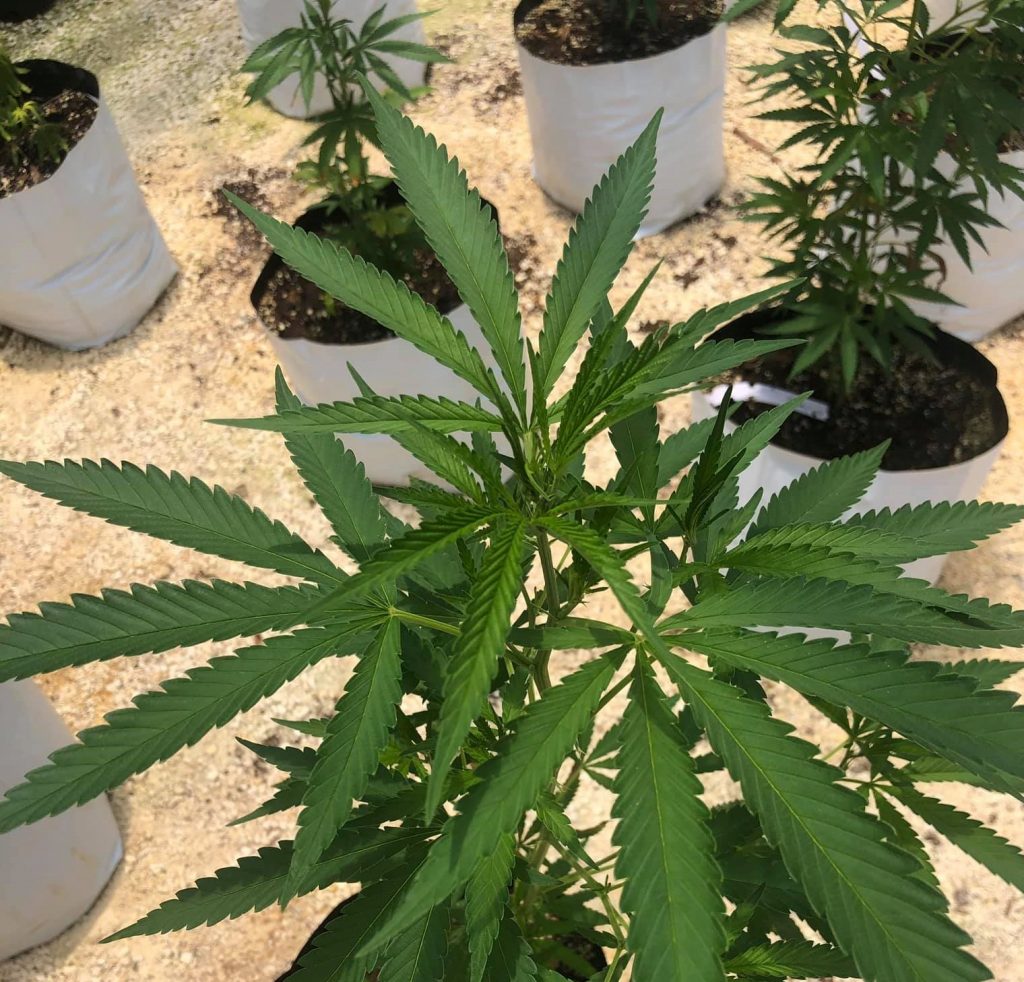
This was the GDPO’s second successful GCRF award. Earlier in 2019 GCRF funding was secured to begin the project Cultivating Change: UN treaties, cannabis regulation and options for sustainable development in the Caribbean, in collaboration with partners at the University of the West Indies, Mona (UWI) in Jamaica. The aim of this interdisciplinary project was to facilitate knowledge exchange and to identify in-region expertise pertaining to the complex and increasingly challenging issues of international drugs policy. The project focused on exploring the potential of enabling the currently illicit cannabis cultivation within the Caribbean to enter the licit market. This is an issue that is becoming an increasingly important part of sustainable development strategies within many traditional producer states in the Global South. With a rapid expansion of legally regulated markets for recreational use of cannabis comes the potential for market engagement and associated benefits, relating to social justice and human rights within marginalized communities in the Caribbean.
Jamaica is just one of many Caribbean islands exploring if the relaxation of certain drugs policies relating to marijuana can not only lead to social reform but to related economic development. The Jamaican ‘brand’ of cannabis culture and production is world-renowned. Add this to the historic and religious use of ganja for sacramental purposes and one can see why it is such a burning issue.
In 2015, the Jamaican government amended the Dangerous Drugs Act, which effectively decriminalized the possession and use of ganja in small amounts, (up to 2 oz), possession of larger amounts remaining a criminal offense, and which also legalized medical marijuana. This allowed the use of marijuana for medical and religious purposes, but not for recreational use. It also introduced licenses for its cultivation and sale. Other Caribbean nations have looked towards Jamaica as an early mover and many have amended and introduced their own legislation keen not to miss out on potential profits, particularly in the field of medical marijuana production. However, in the years since the act was passed forward progress has apparently stalled, and it is currently unclear how the legislation would develop to assist the significant numbers of traditional (illicit) marijuana producers across the country. Many of these growers struggle to survive economically; a fact often underpinning engagement with the currently illicit market.
The goal of the Cultivating Change project was to generate knowledge exchange and develop in-region expertise pertaining to complex and increasingly challenging legal and policy dilemmas around cannabis, both at the national, regional and international level. The project focused on the potential transition of currently illicit cannabis cultivation within the Caribbean to the licit market and as such become an important part of sustainable development strategies in traditional so-called producer states within the Global South. With a rapid expansion of legally regulated markets for both medical and recreational use come the potential for market engagement and associated benefits relating to social justice and human rights within currently marginalized communities within the Caribbean. While shifts would do much to help states work towards a range of Sustainable Development Goals (particularly those relating to poverty, gender equality, decent work and economic growth and life on land) there are currently complex legal questions concerning not only the practicalities of market transition within Jamaica and other states within the region, but also of the feasibility of international trade in cannabis for recreational purpose. The GDPO team were therefore keen to speak to legislators, growers and officials to examine the complex legal questions concerning the feasibility of international trade in cannabis and to consider how such a shift would do much to help states work towards a range of SDGs.
So, in June 2019, in the good old pre-COVID days (we thought the risk assessments were bad enough then!) GDPO Senior Research Associate Axel Klein and I boarded a fight to Jamaica to meet colleagues at the University of the West Indies, Mona and begin field work. The team visited traditional growers and discussed the impact the CLA regulations were having on licit and illicit cannabis production. They then met with Minister J.C. Hutchinson from the Ministry of Industry, Commerce, Agriculture and Fisheries (MICAF) who explained the Cannabis Licensing Authority’s (CLA) new ‘Alternative Development Programme’. The programme is a pilot project aimed at transitioning current illicit cannabis farmers into the legally regulated medical cannabis industry. It hopes to increase the legitimate earning potential of small, marginalised communities that have been disproportionately impacted by drug policy and regulation and therefore still operated within the cannabis black market. The team visited the site of the Maroon community project in Accompong, St. Elizabeth and saw first-hand that the transition from illicit to licit production and trade of cannabis will be a complicated but no less worthy endeavour. After meeting with CLA officials and numerous academics at Mona working in various fields of study relating to cannabis in the Caribbean we were confident we had had a good overview of the current state of play and were encouraged that there was much support for further collaboration.
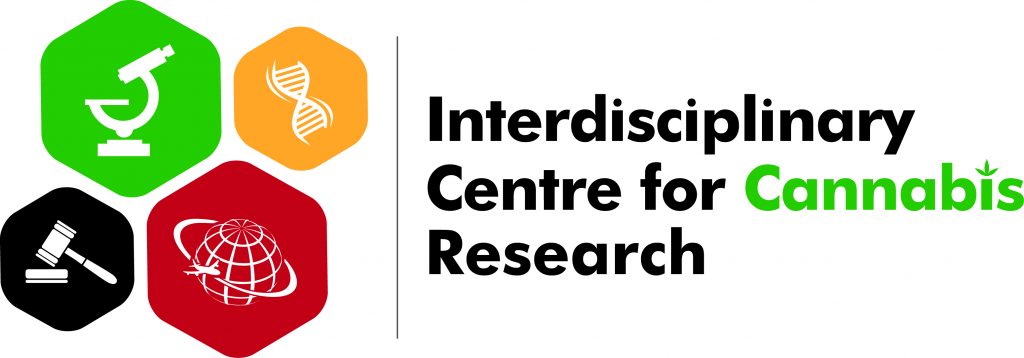
When the second Swansea University GCRF grant award was approved in late 2019 the GPDO moved to assist in the set-up of the Interdisciplinary Centre for Cannabis Research (ICCR) at UWI, Mona. Its aim is to serve as a centre of research excellence for pertinent cannabis related study and discussion within the Caribbean. This includes the fields of political science, law and agriculture, gender studies, as well as criminology and public policy. A second research trip to Jamaica in January 2020 led to the publication of the ICCR first paper ‘Ganja Licensing in Jamaica Learning lessons and setting standards’ by Axel Klein and Vicki J. Hanson. The paper, at the request of Minister J.C. Hutchinson, is an analysis of the roadblocks within the licensing process that prevent small farmers from getting access to a license and problems they have in trying to enter the medical marijuana industry. Things were going well for the ICCR. Staff were appointed to set up the website, arrange workshops and start connecting the academics across the UWI network… then COVID struck.

Universities shut; countries went into lock down. Workshops, meetings and launches were delayed and put on hold, but we adapted, and thanks to the power of Zoom and not a little hard work and creative thinking we were able to proceed with the project and in fact generated more activities and outputs than first anticipated. Thanks to GCRF funding, research on cannabis policy, social and cultural impact now has a permanent home in the Caribbean that can react to developments first-hand. This was exemplified by one of the first events hosted by the ICCR, a Covid-19 and Ganja: Medical and Economic Impact Webinar. Working on an international project at this time was not without its challenges. Nonetheless, the lessons learnt, and connections made (albeit more virtual than face-to-face) will be far reaching and impactful. Further fieldwork in the Caribbean may be on hold for some time yet, however continuing to work together across international borders proved to be, after the first few weeks of uncertainty, a fairly smooth transition.
But the work doesn’t stop! Keep an eye out for some upcoming work by GDPO, TNI and ICCR on the Cannabis Trade in the Caribbean.
*GDPO Project Officer
